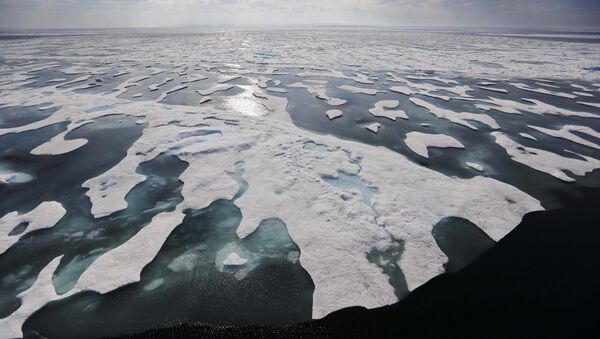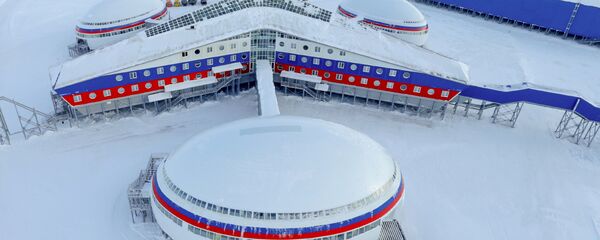"Raytheon Canada Limited has been awarded a contract for $31.2 million for the construction of transmit and receive electronics for a study of over-the-horizon radar detection at long range," the release said. "A contract for $15 million has also been awarded to UTIAS SFL for the development of a prototype of a multipurpose microsatellite equipped with state-of-the-art sensor technology for air and maritime surveillance."
The UTIAS SFL acronym represents the University of Toronto Institute for Aerospace Studies’ Space Flight Lab.
READ MORE: Norway Beefs Up Arctic Defences at Russia's Doorstep
In addition, the technology could augment efforts by Canada and the US to modernize the North American Aerospace Defense Command (NORAD), the release added.
READ MORE: Arctic May Heat Up as US Mulls Sending Warships to Area Amid Russia Tensions


